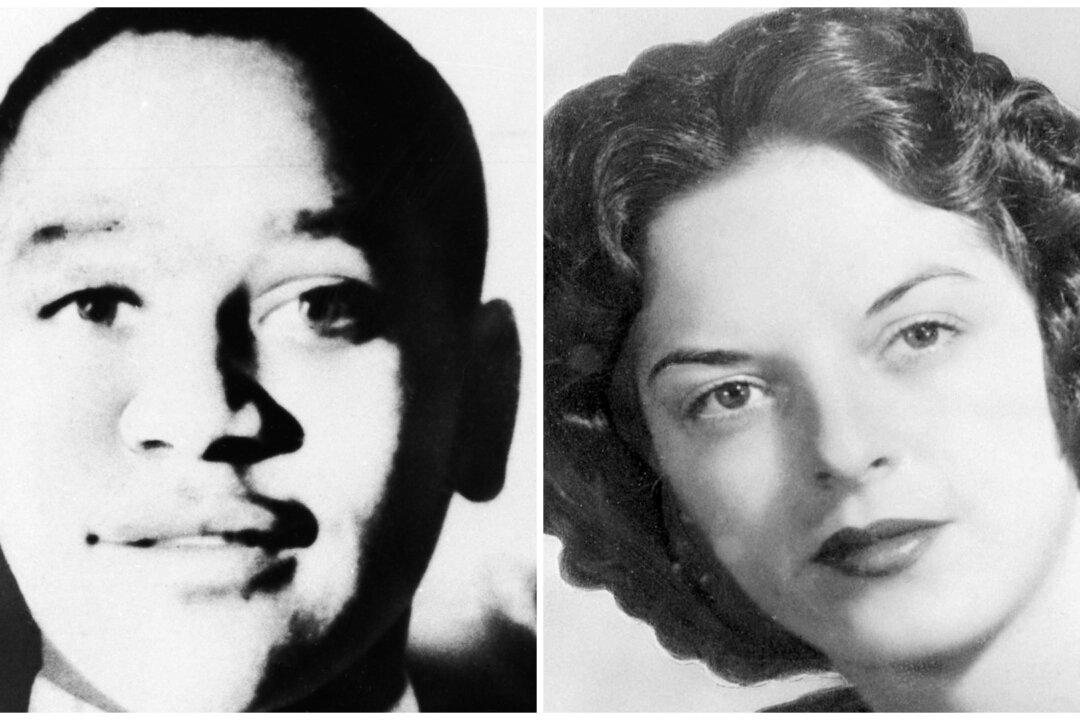JACKSON, Miss.—A Mississippi grand jury has declined to indict the woman whose accusation set off the lynching of teenager Emmett Till nearly 70 years ago, most likely closing the case.
After hearing more than seven hours of testimony from investigators and witnesses, a Leflore County grand jury last week determined there was insufficient evidence to indict Carolyn Bryant Donham on charges of kidnapping and manslaughter, Leflore County District Attorney Dewayne Richardson said in a news release Tuesday.





